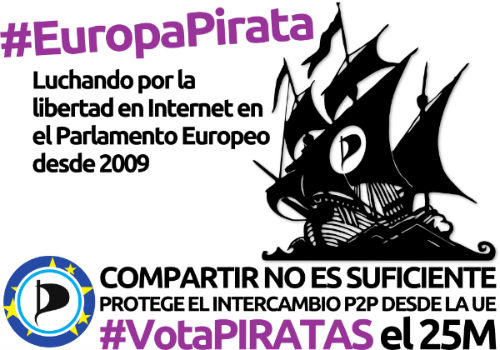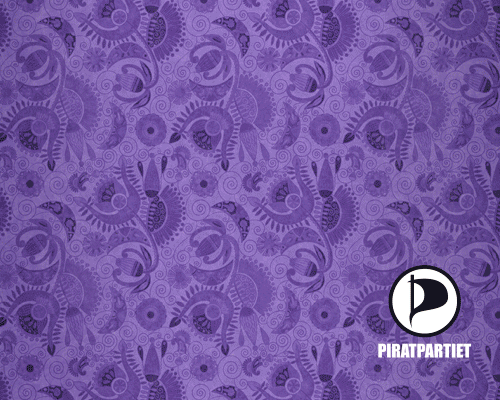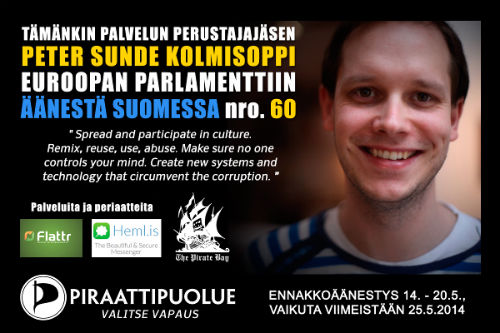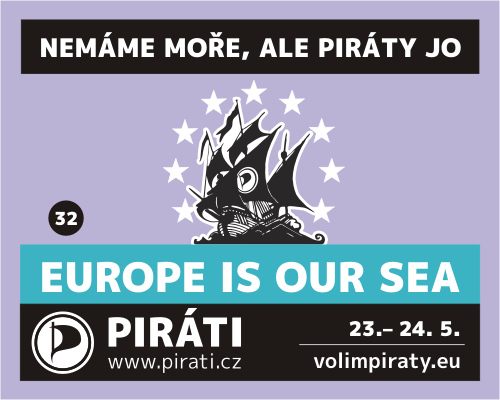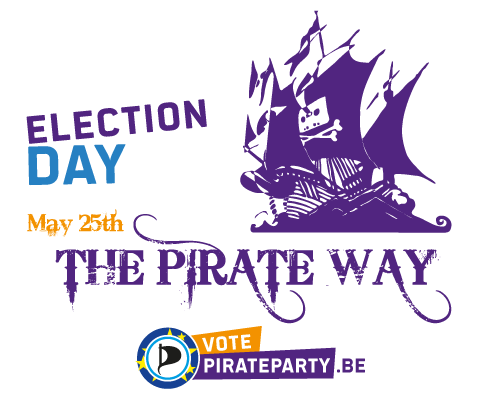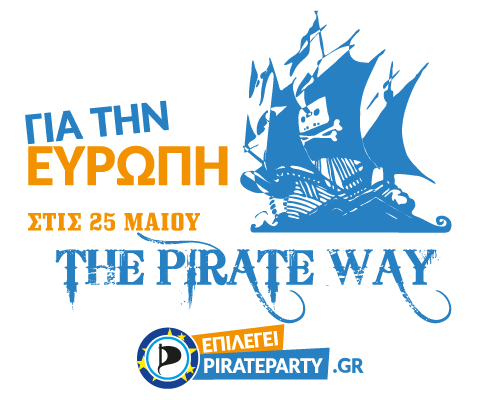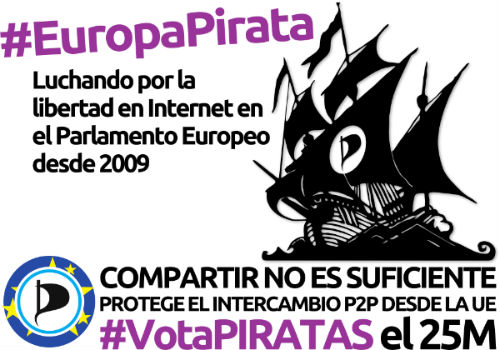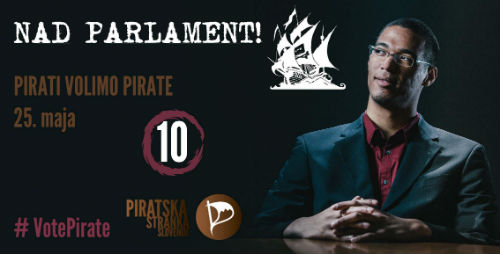Student Wins Pirate Bay Domain To Protest Website Blockades
mardi 20 mai 2014 à 16:54 The Pirate Bay is one of the most popular sites on the Internet and has inspired the creation of many copycat sites, many of which play on Pirate Bay’s imagery, branding, name, or a combination of all three.
The Pirate Bay is one of the most popular sites on the Internet and has inspired the creation of many copycat sites, many of which play on Pirate Bay’s imagery, branding, name, or a combination of all three.
While some sites make it obvious that they’re paying homage to the infamous torrent site, others have malicious or financial motives in mind. As a result there are plenty of domains out there looking to capitalize on users’ naivety or simple inability to spell.
Ironically, while many official Pirate Bay domains are blocked in countries around Europe, these unofficial and often fake variants are allowed to continue business as usual. Occasionally, however, the authorities step in.
One such instance involves ThePirateBay.dk, a domain whose most recent registration occurred in August 2010. The domain was owned by a James McAvoy of Bristol, UK, who appears to be a prolific purchaser of domains, as illustrated below.
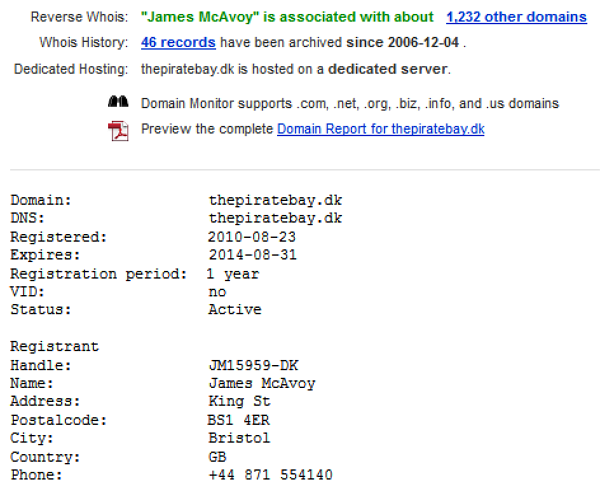
Over in Denmark, where The Pirate Bay has been blocked since 2008, a Danish student had been eyeing the domain. He felt he had a good chance of wrestling it from McAvoy’s control due to the Brit’s failure to adhere to Denmark’s domain name rules.
In his complaint the student told the Complaints Board for Domain Names that he doubted that the contact listed in the WHOIS was a “genuine or real registrant” and criticized the same person’s registration of many “typosquatter” domains (such as youtupe.dk) which are deliberately linked to “advertising traps”.
With Denmark’s Domain Names Act noting that “a domain name which typosquats another domain name may be suspended and subsequently blocked or deleted”, the student’s complaint appeared valid.
Next, the student complained that ThePirateBay.dk had been put up for sale. The Domain Names Act expressly forbids a registrant to “reserve, register and maintain registrations of domain names solely for the purpose of selling or renting to other parties.”
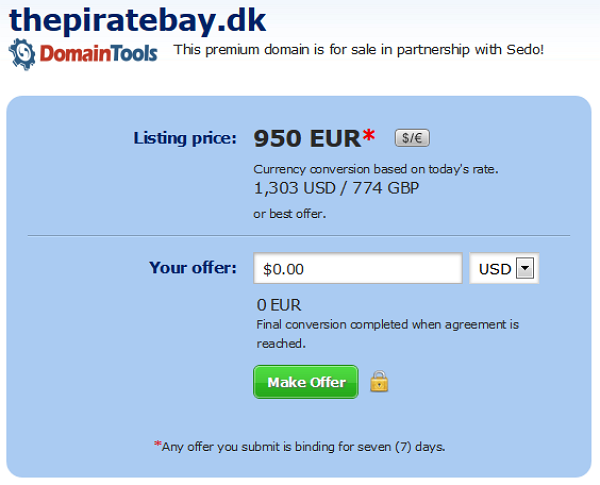
In contrast to the owner of ThePirateBay.dk who had no valid use for the domain, the student presented an argument to the domains board that he did.
“I want to use thepiratebay.dk to protest against Danish web censorship in the form of
the blockade of the address thepiratebay.org imposed on the Danish internet providers,” the student wrote.
“I want to create a support page for The Pirate Bay where I criticize the decision and show my support for the blocked page. I am a student, not a trader, and I act as an individual in what I would call a protest against the imposed blockade.”
The complaints board weighed the arguments and in a decision published a few days ago, agreed with the student’s position and upheld his complaint.
“The Board finds that there is hereby created a strong presumption that the purpose of the defendant’s registration of the domain name ‘thepiratebay.dk’ [..] was to gain financially by its reassignment. The Respondent, who has not replied to the Complaints Board’s [attempts at contact] , did not contradict that presumption.”
All things considered it was concluded that James McAvoy’s registration of the domain should be canceled and ThePirateBay.dk should be transfered to the the student by June 13, 2014.
Exactly what form the student’s protest will take using his newly obtained domain remains unknown, but it’s nevertheless interesting that the right to protest against a website blockade of the world’s most infamous torrent site trumps making ad money from a similar looking domain.
Source: TorrentFreak, for the latest info on copyright, file-sharing and anonymous VPN services.
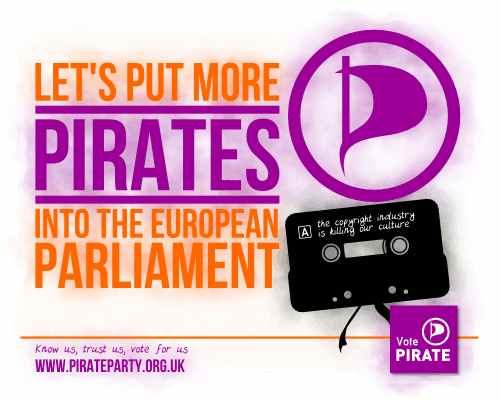 This week citizens across Europe will vote for who should represent them in the European Parliament, and in
This week citizens across Europe will vote for who should represent them in the European Parliament, and in 